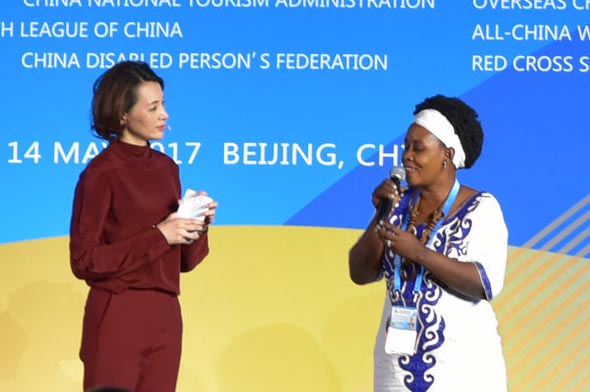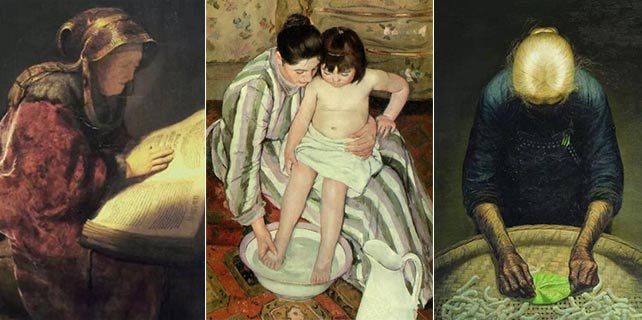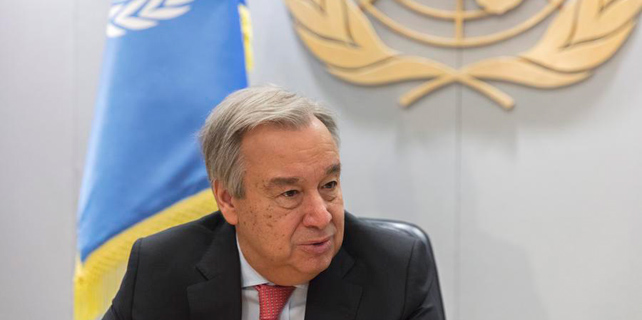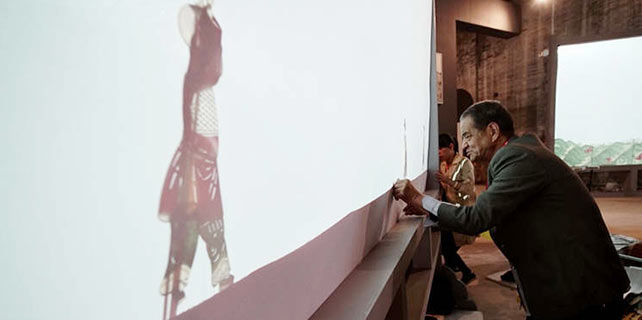Chinese TV dramas bring world closer
 |
|
Hilder Edmund Malecela was invited to take part and shared her stories in the thematic session of people-to-people connectivity at the Belt and Road Forum for International Cooperation on May in Beijing. [Photo by Zhang Xingjian/China Daily] |
"Before Chinese companies came, we had to pay over $50 each month to watch TV, but now we are paying just $3. Just like people in Beijing we can enjoy the best TV programs for only few bucks," said Hilder Edmund Malecela in Beijing on May 14.
Born in a small village of Dar es Salaam, capital city of Tanzania, Malecela never thought of coming to China and working as a professional voice character for Chinese TV dramas.
"Kung fu is my first impression of China as I have watched several interesting films starring Chinese martial artist Jackie Chan," Malecela said.
In 2011, a Chinese family TV series A Beautiful Daughter-in-law Era, a 36-episode light comedy about a modern Chinese couple, was introduced to African countries and gained huge popularity overseas.
The TV series was first aired on Shanghai TV channel on November 26, 2009, and was dubbed in Swahili and broadcast through the Tanzania Broadcasting Corporation in 2011.
"After watching the show, I developed a deep understanding of modern China due to the emotional entanglement and personal relationships depicted in the show. In addition to kung fu, Chinese traditional culture and modernization drive also resonated with me," she said.
"Meanwhile, I learned that Kenyan actress Josephine Moeni Waweru and actor Khamis Juma Swaleh were chosen to do voice dubbing for the two leading roles in the African version of the series. Their jobs were amazing and I longed to be a voice character since then," she added.
In 2013, Malecela got the support of Star Times Group, a technology provider, network operator, and content provider in China's television broadcasting industry, and finally came to China.
Because of her enthusiasm for Chinese culture and fondness of dubbing, she got the chance to work as a voice character for four months and participated in several TV dramas, including Jin Tailang's Happy Life and The Desire of the Old Daddy.
After going back to Tanzania, she shared what she had learned in China, dubbing in particular, among her colleagues and tried her best to integrate the skills with her own work, waiting for the next chance to learn more about dubbing.
In 2016, the Star Times Group held the first Star TV Drama Dubbing Contest in Tanzania and chose potential contestants to work in China. Malecela won the first prize.
At the beginning of 2017, she came to the headquarters of Star Times Group and worked in Beijing. So far, she has done the dubbing in Swahili for more than 20 Chinese TV dramas.
"I am so happy to realize my dream and work on such a good platform. Now, in addition to dubbing, I have learned other skills in the TV field such as editing and recording," she said.
"Dar es Salaam is 1,979 kilometers from Beijing, but Chinese TV dramas bridge us together. In the future, I want to be a cultural ambassador to promote Sino-Tanzania relationship," she added.
Related:
Belt and Road Initiative boosts China's film industry








